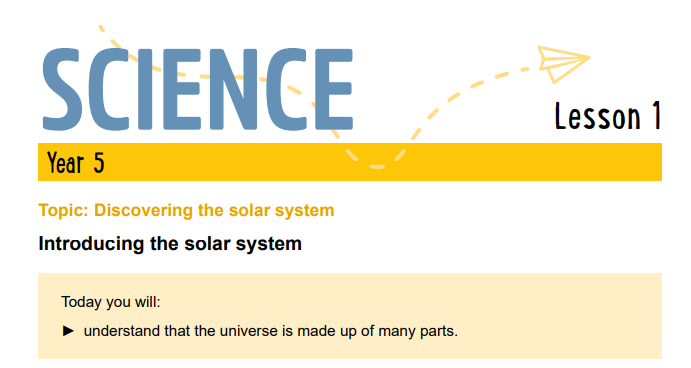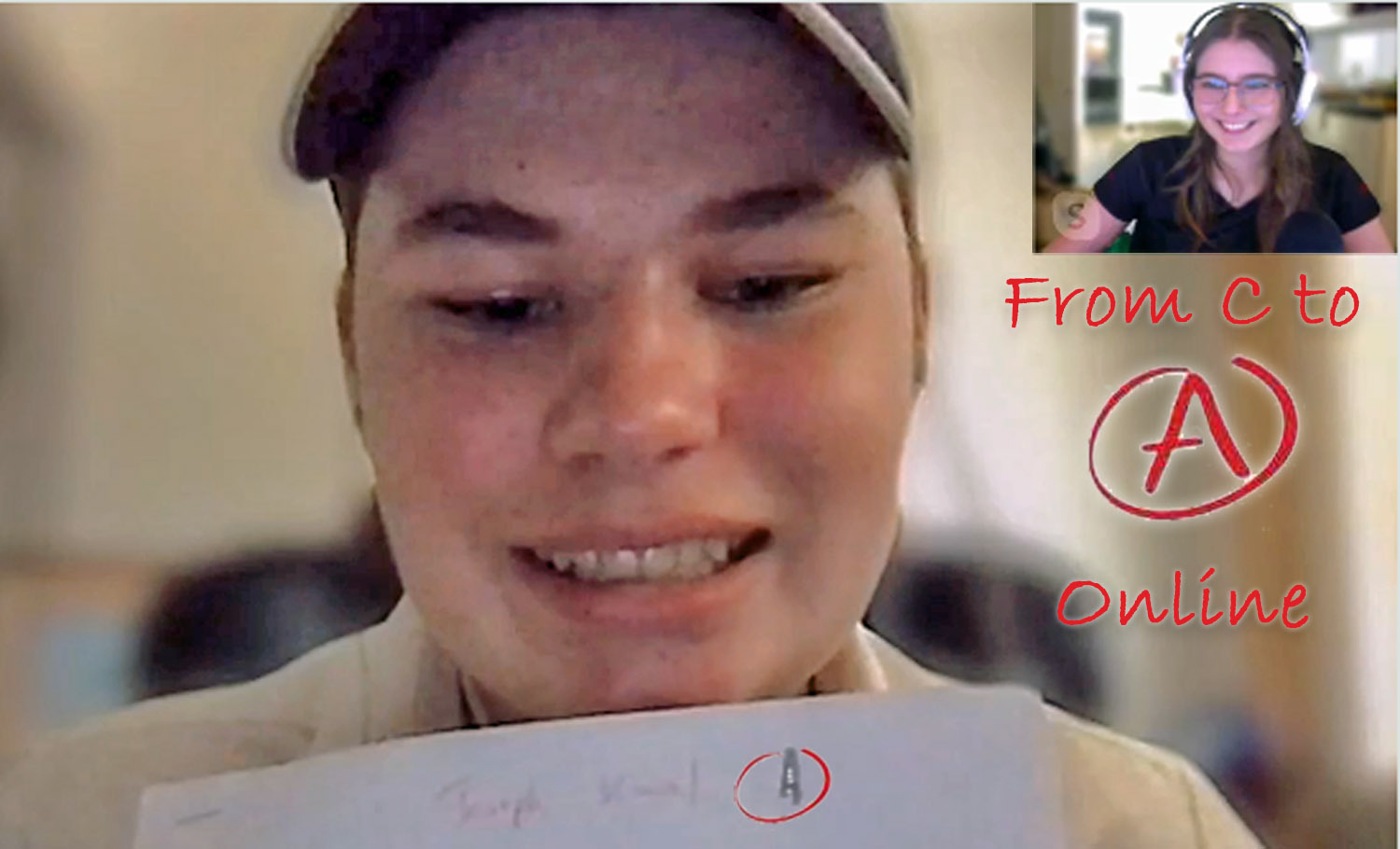How to Teach Queensland Schools Online Curriculum
Education Queensland has now released the first two weeks of online curriculum for prep to year ten. The Online Curriculum is in downloadable PDF worksheet format (hope you stockpiled printer ink) but with a “Learning Place” login (to be provided by your school) you can do these worksheets in document format on a computer. It’s all a bit overwhelming, this homeschooling thing… so we’ve produced this parent guide to Queensland Schools Online Curriculum.
Understand the purpose of the online curriculum
The purpose of the Queensland Schools Online Curriculum is to stop kids falling behind during a short, or prolonged period of isolation. It’s not there to measure your child’s academic capacities. Education Queensland has released lesson plans for “general” consumption. That means that your child may feel “miles ahead” of some lessons and may really struggle with others.
Do not jump onto your year level parent group on Facebook and compare how your child is coping to the other children in their class. Some kids will breeze through this and others will feel anxious and struggle to concentrate. That doesn’t mean they’re not keeping up with the curriculum, it means that as a parent, you must look for signs of their study capabilities.
Start with their favourite subjects
If you child can recite the periodic table but HASS makes them want to cry, start with science. This is about building confidence in the new learning format. Remember that this whole homeschooling is a big change to a little person’s routine and they may be facing new psychological barriers they’ve never felt before.
When your child has completed a few of their preferred subjects, look for signs of strengthening study skills before moving on to their least loved topics.
See Also: How to set them up for study at home.
Signs you’re teaching the online curriculum successfully
• Your child is open to reaching daily, reasonable goals for getting their schoolwork out of the way. They will willingly complete all worksheets for that day, even the subjects they don’t like.
• Your child is focused (at an age-appropriate level anyway) on the new system. They’re demonstrating resilience in this time of change.
• Your child is able to do the worksheets independently without your constant encouragement and supervision
• Your child is adapting to a new routine and is able to understand that study time is study time. They’re motivated to get the work done – even if playing Xbox is the overall goal.
• Your child displays confidence in their ability to do the work – even if only in their favourite subjects.
• Your child can take initiative to find answers to questions that confuse them – either by going over the materials again or by “Googling it”
• Your child feels relaxed with you as their temporary teacher. They are not anxious about working with you.
Note that none of these signs relate to the actual course work. As a newbie teacher (and let’s all take a moment to appreciate teachers. Seriously. Not all heroes wear capes) your main goal is to facilitate learning – not to transform your student to a straight-A student at this time of change and confusion.
Signs you may need professional help teaching the online curriculum
Your child is going through a period of uncertainty and may be feeling untold anxiety. Some kids are very good at hiding anxiety but it’s there. It may culminate in obsessive behaviours like hand washing or Minecraft World building, or it may culminate in rebellion against the Queensland schools’ online curriculum. Most commonly you’ll see an inability to concentrate (this is a very common symptom of anxiety in extreme situations), a “bad attitude” when you call your child to study or a defeatist attitude where you child “can’t do it”. Every child’s reaction to anxiety is different. As a parent, not a psychologist, your only duty is to acknowledge that your child is struggling.
“With all the academic setbacks I experienced with Attention Deficit Disorder (ADD), I was at a significant risk of failing high school. It was only when I learned to adjust how I went about my learning, and to keep performance anxiety at bay, that I graduated to an A student. It’s not about a child’s ability to understand, it’s about their ability to learn in their own unique way.”
– Hayden McEvoy, founder of A Team Tuition.
Parent Guide to where to get help, and where NOT to get help
Social media is full of armchair experts. Suddenly Australia has eleventy-billion immunologists giving their half-baked opinions based on reading one obscure article written by another arm chair expert. Turning to social media groups for support may feel beneficial (and community is so important right now) but when it comes to the science and art of teaching, it’s all about your child’s particular needs. What works for Karen and Debbie in the mum group may not work for your family. There’s nothing more anxiety-inducing than feeling like you’re the only one failing at a task. Stick to chatting about your feelings and how you can support your community, leave education, and health, to the experts.
Talk to a child psychologist
A child psychologist will be able to help with your child’s long term challenges. If your child has had constant issues with school work, not just during this terrible time, a good psych may be able to help you identify underlying issues. This is a long term process and right now, getting a seat at a clinic is harder than finding a roll of two-ply. Learn what a psychologist has to say about managing anxiety here.
Talk to your school
As the dust settles and Australia falls into an online study routine, there will be more time for teachers to spend assisting struggling families. For now, you may find teachers are overwhelmed with the tasks that lay ahead. A great teacher will still answer your questions. Your principal or deputy may also be available. It may take time though. Everyone is in triage mode right now. It may be worth hitting pause on your child’s education for a week or two until your school can devote time to one on one help. This will, however, mean that your child will need to “catch up” which may cause additional stresses down the line.
Book a tutor experienced in diagnosing barriers to learning
 .
.
Case Study: B Minus To A Plus in a Month
Choosing the right tutor, with the right skills to overcome poor study strategies is vital to improving your child’s attitude and aptitude for studying the Queensland schools curriculum online. An online tutor once a week can take your child through all the subjects that give them anxiety. That means your time tutoring can focus on the online lesson plans that your child can manage without feeling overwhelmed.
During the session, your tutor will gently delve into underlying issues with your child’s learning and develop strategies for overcoming them.
A Team Tuition is the first, and only tutoring program developed by psychologists and educators.
The program addresses your child’s psychological barriers to achieving academic success, not just the “subject matter”. Your tutor will then “educate your child” in recognising these barriers and help them take control of their learning. Your tutor can then “fill you in” on what’s working and give you practical guidelines for continuing with the Queensland Schools Online Curriculum.
Read our online tutoring case study.
A Team Tuition has a stringent recruitment and training program to ensure our tutors aren’t just teaching subject matter, they’re teaching learning skills. Learn more about our approach to tutoring here.
Check Availability in Your Area
Note that during this tumultuous time, A Team Tuition is taking on a limited number of new clients. While we’re expanding our online education program, it’s recommended that you register your interest without delay. We apologise to parents and students who miss out on a place, but we must ensure the ongoing tutoring of our existing clients first.
Register your interest now.
The post Parents Guide: Queensland Schools Online Curriculum appeared first on A Team Tuition.
from A Team Tuition https://ift.tt/3bhffgU
via IFTTT



No comments:
Post a Comment